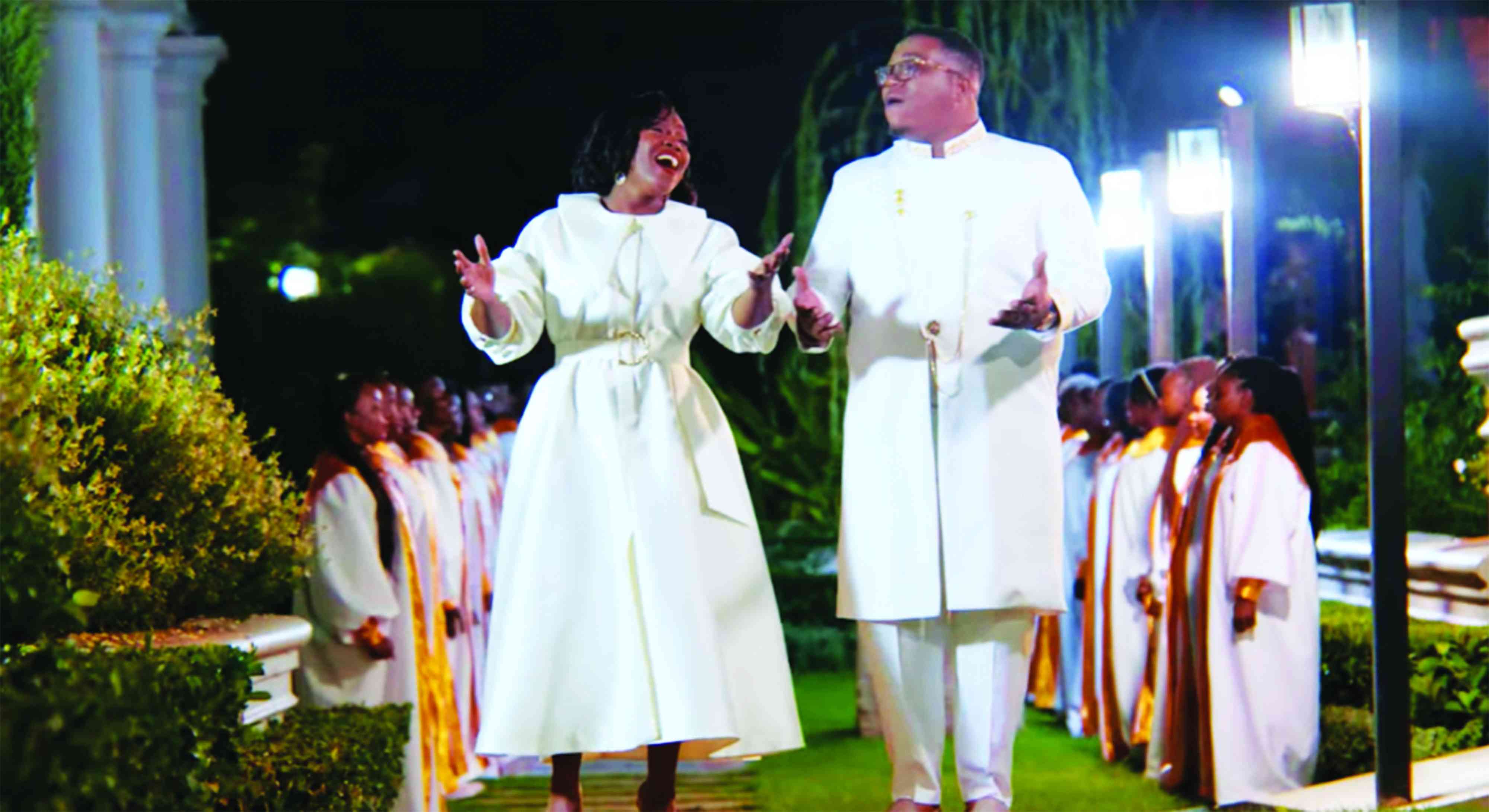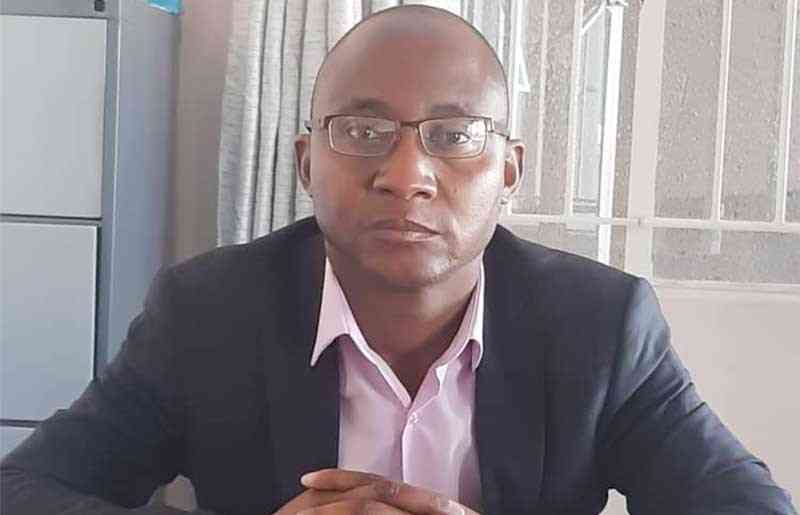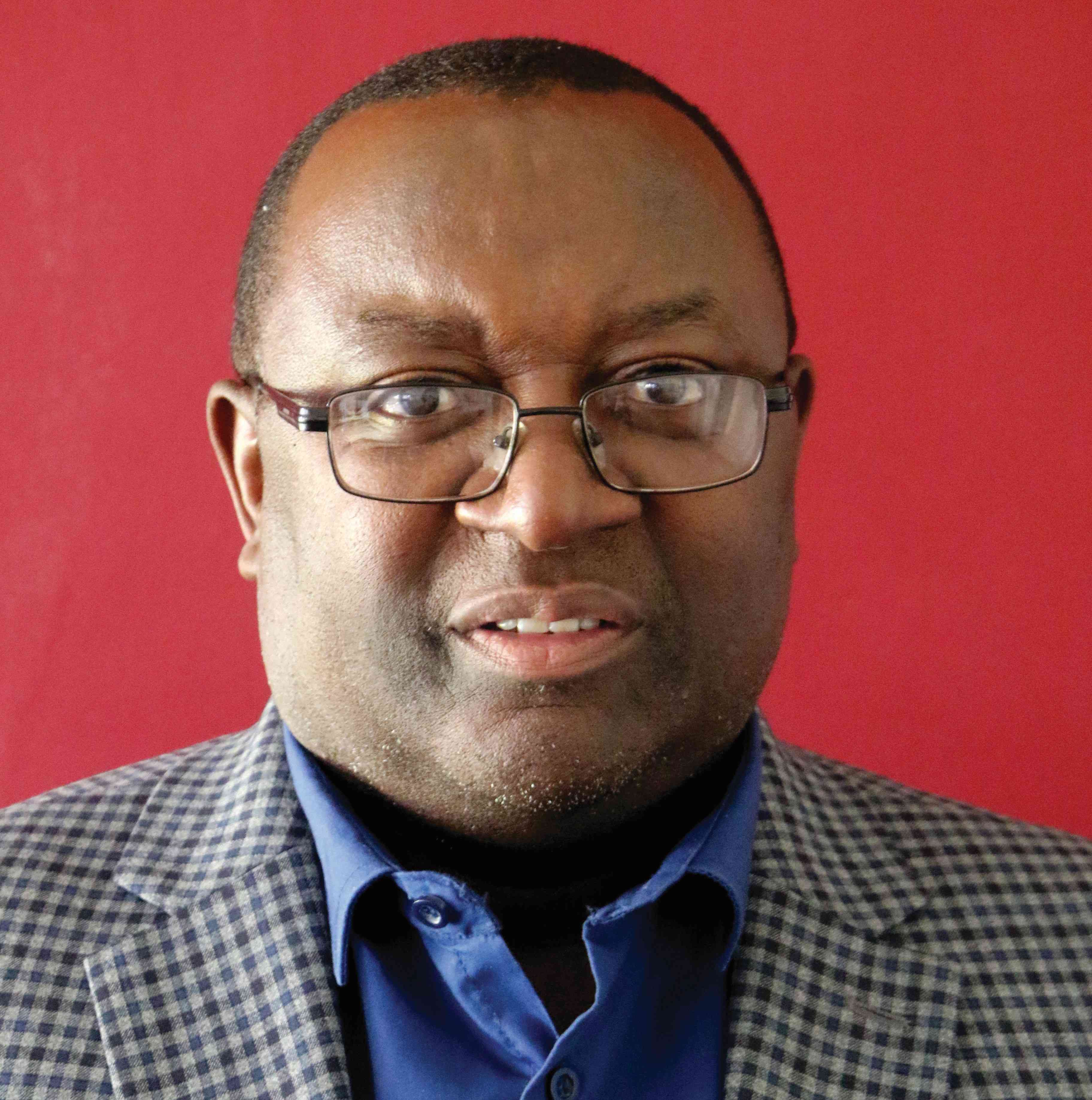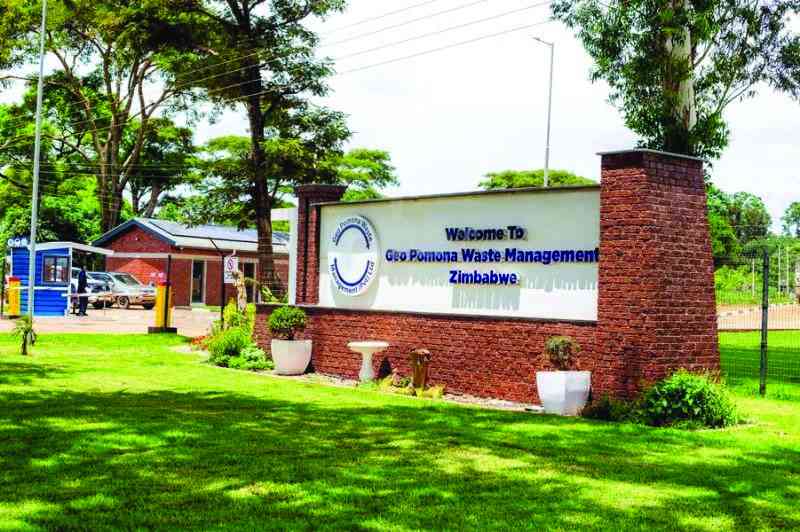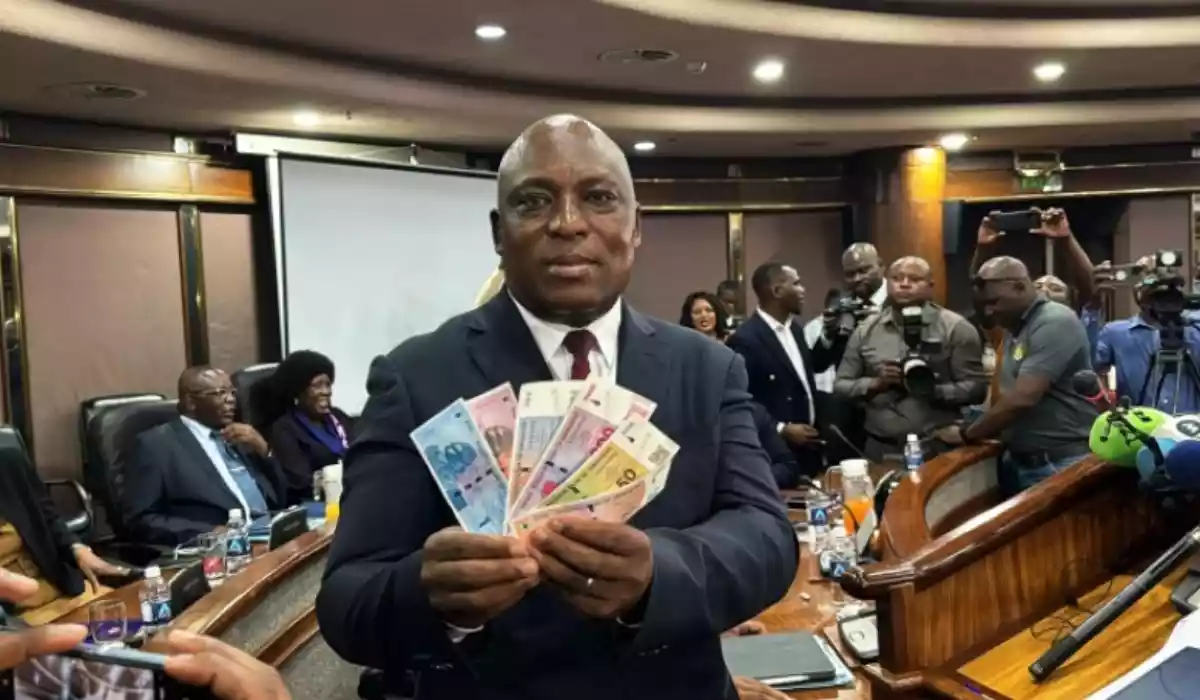
In the latest of his interfaces with stakeholders to explain his first Monetary Policy Statement (MPS) presented on April 5, Reserve Bank of Zimbabwe (RBZ) governor John Mushayavanhu (JM) met business leaders in Bulawayo last week at a breakfast meeting organised by the Zimbabwe Independent. Under the spotlight was the newly introduced Zimbabwe Gold (ZiG) currency. But many important issues were also discussed including how a nearly US$1 billion special drawing rights (SDR) package from the International Monetary Fund (IMF) about two years ago was used. Our reporters, Vincent Mungofa and Tanyaradzwa Kapuru compiled the following report, where the governor fielded questions from business after the meeting. Here is how the central bank’s new chief sees the economic situation as he responded to some of the questions:
Q: How were the special drawing rights from IMF used?
JM: The use of the entire 958 million SDRs is well documented. If you go to the debt office in the Ministry of Finance they will tell you what went where. If you remember, this came around the time we had Covid-19.
This is where some of the money went. But if you want a detailed list, it is available. The list of where the money went is all there, it is very clear.
Q: Is this not the time to streamline the management of gold?
JM: The miners have to pay a royalty, we get our bit. It is an issue that needs to be addressed. But from a central bank perspective, we just want our pound of flesh. You are right.
The other shenanigans that may happen need to be addressed. You also said we may have presented ZiG as the bonus to the country's problem. No. There are other measures that have been put in place, and need to be continuously put in place both from a central bank and Treasury perspective. This is obviously work in progress.
Q: What guarantees do we have that ZiG will work?
- Village Rhapsody: How Zimbabwe can improve governance
- Village Rhapsody: Engage men to end gender-based violence
- Village Rhapsody: How Zimbabwe can improve governance
- Zim maize output to drops by 43%
Keep Reading
JM: The measures we announced in the MPS were meant to buttress ZiG as a currency and to make sure going forward, we do not miss out on the issue of how reserves can be accumulated going forward. ZiG is not the solution or the only solution to the country's problems.
Q: So many things have happened, which have put the central bank’s credibility in doubt. How are you addressing this?
JM: I think in the leaked memo that I sent to central bank staff, I also raised this issue. I said the market has lost confidence in us. It is us who must rebuild that confidence. The way we build that confidence is by walking the talk. You cannot, as I said, legislate for confidence. It is not possible. Even if you go around beating up people, they will still not be confident, unless you walk the talk.
Q: Even if businesses want to sell in ZiG, the Zimbabwe Revenue Authority (Zimra) is not ready
JM: I think we are also going to have a conversation with Zimra. I need to say we may have taken it for granted that converting to a new currency was simply a case of converting ZWL (Zimbabwe dollars) and the problem is done. We realised that when banks were trying to convert, it was a complicated process.
Q: How complicated is the process?
JM: It is only the vendors who can give you the conversion scripts. It was a nightmare.
When you look at simple things like a loan or an overdraft, you cannot do a wholesale conversion because each loan is a separate contract that is going to be looked at.
So imagine if a bank has got 100 000 loans and you are revisiting each loan as a contract. It is a complicated process. But I am pleased to say as we speak now, all banks are live. There may be one or two things that they still want to fine tune. But they are live.
Q: Will banks have the foreign currency?
JM: Yes. This is a very important question and let me clarify. If you have a genuine, legitimate need for foreign exchange, whether it is paying school fees in South Africa or whatever it is that you are using in your factory, or it is for a legitimate service that has been granted to you, go to your bank. Obviously we are not going to say you can go to a bank and say you want US (United States) dollars to put in your pocket. No, we cannot do that. US dollars are meant to honour foreign obligations, not to trade locally. In an ideal world all domestic transactions should actually be in local currency.
Q: Why is this not possible in Zimbabwe?
JM: We are in a position where 80% of transactions are in US dollars, 20% are in ZiG. Using that assumption, if I were to say all of you empty your pockets, I am likely to find probably 90% will have US dollars.
Q: Unless ZiG can pay for fuel, it will be difficult to gain market confidence.
JM: Fuel service stations are going to find themselves in a situation where they have no option but to sell in ZiG and US dollars. They are also taxpayers. Come June, they are required to pay 50% of their QPD (quarterly payment date) in ZiG. Where are they going to get ZiG from when they are selling their produce 100% in USD?
Q: Are our US dollar deposits safe?
JM: It is not the central bank’s intention to expropriate people's foreign currency. Whatever is in your foreign currency account (FCA) is yours, it is free funds. You are free to convert it to ZiG if you want or you are free to use it to pay for your external obligations if you want. You are free to go to your bank and get cash.
There will be no interference. I do not know where the fear is coming from. ZiG is going to operate side by side with all these currencies.
Q: How will the ZiG exchange rate be managed?
JM: The exchange rate for ZiG is going to be market determined. You go to your bank and say, I want to buy US dollars, I have brought my ZiG, that transaction is done.
Q: Are you going to borrow on behalf of the government?
JM: In the past the RBZ used to have what was called quasi-fiscal operations (QFOs). There was nothing wrong with that. Let me explain the history around QFOs. When the country was placed under sanctions, the government could not borrow. There was no lender willing to lend to government.
There were arrears that were at the IMF (International Monetary Fund), World Bank and so forth. So the central bank had to step in and was now borrowing on behalf of government. All the money that we saw going into the auction was being borrowed by the central bank on behalf of the government.
But it is not the role and responsibility of the central bank to do all that. That is supposed to be the role of Treasury. What we then did was that we removed all those borrowings from the central bank. That is the path going forward.
Q: What will happen if ZiG does not work?
JM: I am a listening governor. That is why I came down to Bulawayo. Yes, if it does not work, we will come back and say how do we do it? But I must say that we are monitoring on a daily basis all the issues that are raised in the monetary policy statement, the solutions that we suggested and implemented to see if it is working or if it is not working. (If it does not work) I will come back.
I will do the consultations again. I will come back to the people and say, this thing is not working. What can we do to make it work, or can we change course altogether? That I will definitely do.
Q: Did you consult in the first place?
JM: Some people have said the central bank does not accept criticism. That is far from the truth. We are here to hear your views. As Zimbabweans, let us have what I call constructive criticism.
I want you to say to me, this thing does not work, do it in this way. Or you are in the right direction, but can you tweak this and that.
But if you just say it does not work and then you do not tell me what to do what are we supposed to do? Criticise! Tell me what is wrong, I will accept. Tell us what needs to be done and we will go to the central bank and work on it. Let us work together as Zimbabweans to make this work.
Before coming up with MPS we made wide consultations. You may not know this. I was told that I was going to be governor of the central bank on 11 September, 2023. From that time, I started making consultations and working towards assuming duty, which I eventually did on the 28th of March.
The official appointment was made on the 8th of December.
So, during that period, we consulted CZI (Confederation of Zimbabwe Industries). A lot of what you see in the monetary policy statement came from them. We consulted the Chamber of Mines, association of retailers, civil society and eminent people, what I call opinion leaders.
We had a breakfast meeting at Meikles with selected opinion leaders and I said to them, I am moving into this job. Tell me what you want me to do. The result of it is what you saw in the monetary policy statement.


